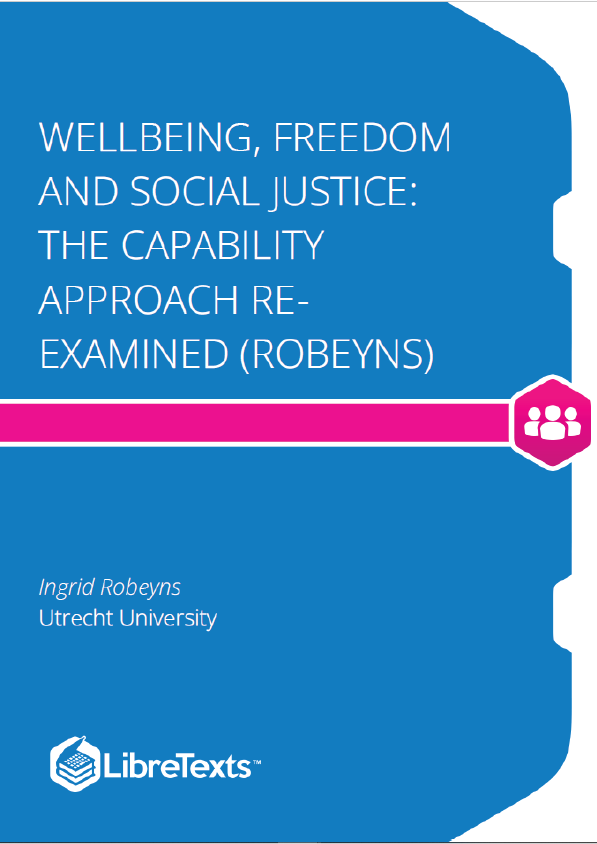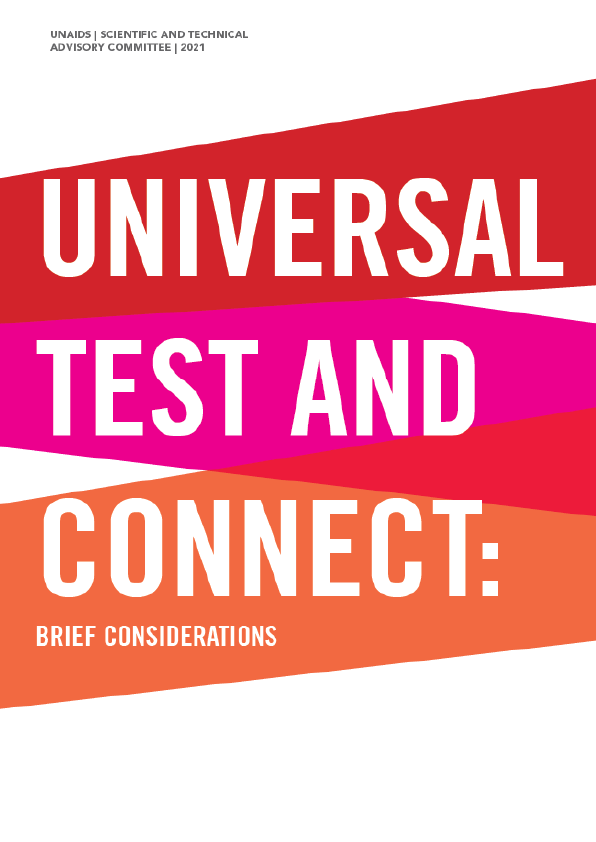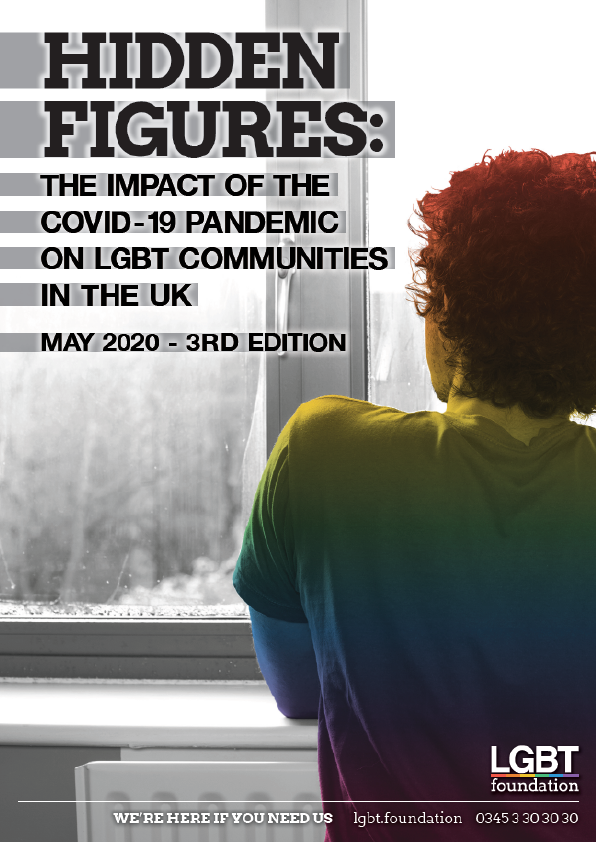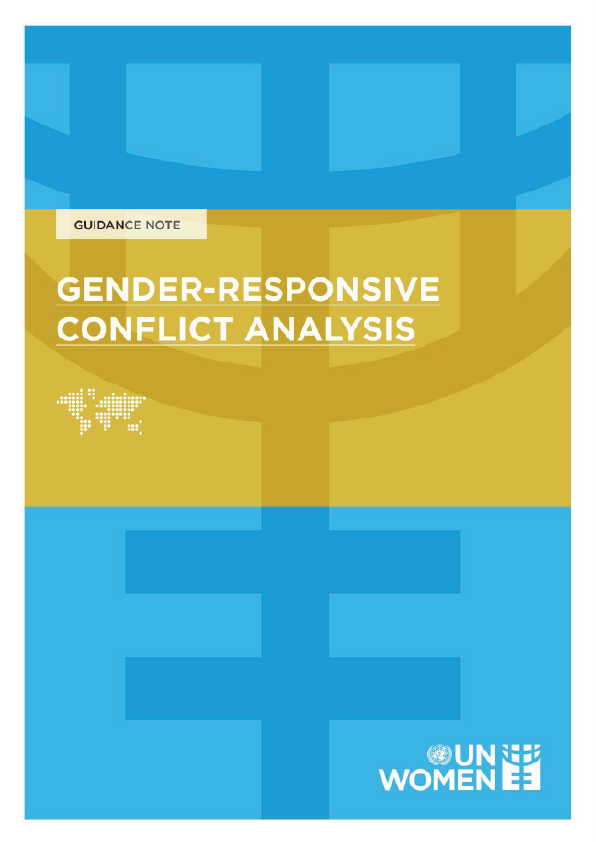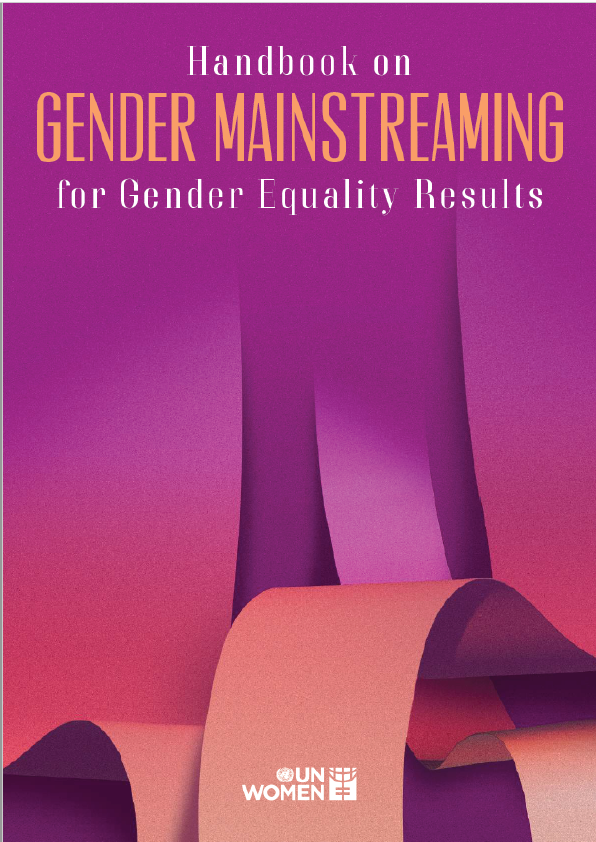Wellbeing, Freedom and Social Justice: The Capability Approach Re-Examined is both an introduction to the capability approach and a thorough evaluation of the challenges and disputes that have engrossed the scholars who have developed it. Ingrid Robeyns offers her own illuminating and rigorously interdisciplinary interpretation, arguing that by appreciating the distinction between the general capability approach and more specific capability theories or applications we can create a powerful and flexible tool for use in a variety of academic disciplines and fields of policymaking.
Why the capability approach?
Many people who encounter the capability approach for the first time find the ideas embedded within it intuitively attractive. The basic claim of the capability approach is that, when asking normative questions, we should ask what people are able to do and what lives they are able to lead. That claim resonates with widespread ideas among citizens, academics, and politicians about how to make policies, views about what social justice requires, or bottom-up views about development and social progress. Perhaps the most important contribution the capability approach makes is to prompt us to ask alternative questions, and to focus on different dimensions when we make observations or when we gather the relevant data for making evaluations or judgements.
What is the capability approach? This book will answer that question in detail. But let us start with a first, preliminary description, taken from a quote by Amartya Sen, who introduced the theoretical idea of the capability approach in his 1979 Tanner Lecture (Sen 1980a) and soon after in empirical work (Sen and Sengupta 1983; Sen 1985a). According to Sen, the capability approach “is an intellectual discipline that gives a central role to the evaluation of a person’s achievements and freedoms in terms of his or her actual ability to do the different things a person has reason to value doing or being” (Sen 2009a, 16). As we will see later in this book, I will propose a definition and an account of the capability approach that does not exactly equal Sen’s but rather can be interpreted as a generalisation of Sen’s definition. Yet Sen’s definition is a good way to start, since it highlights that the capability approach is concerned with aspects of people’s lives such as their health, the education they can enjoy and the support they enjoy from their social networks; it is also concerned with what people can do, such as being able to work, raise a family, travel, or be politically active. The capability approach cares about people’s real freedoms to do these things, and the level of wellbeing that they will reach when choosing from the options open to them. It is a rich, multidimensional approach.
